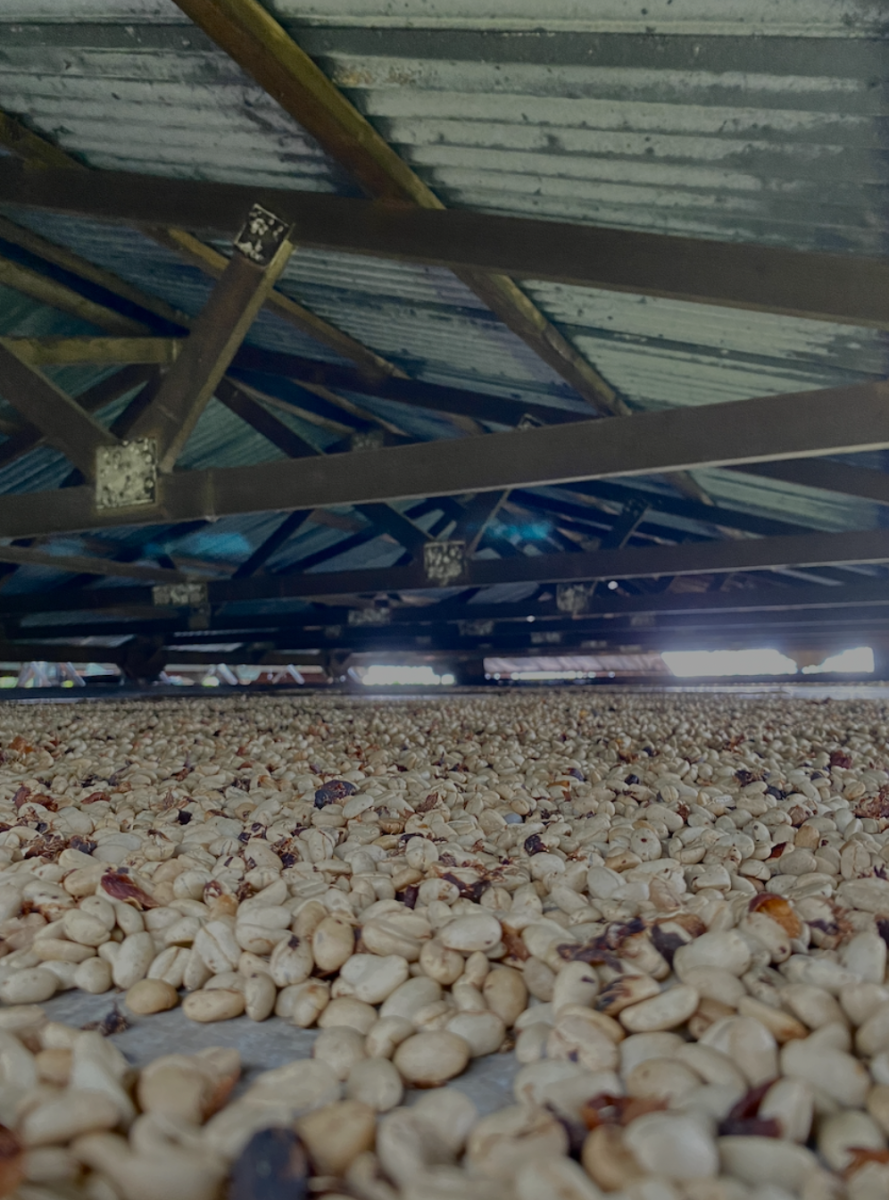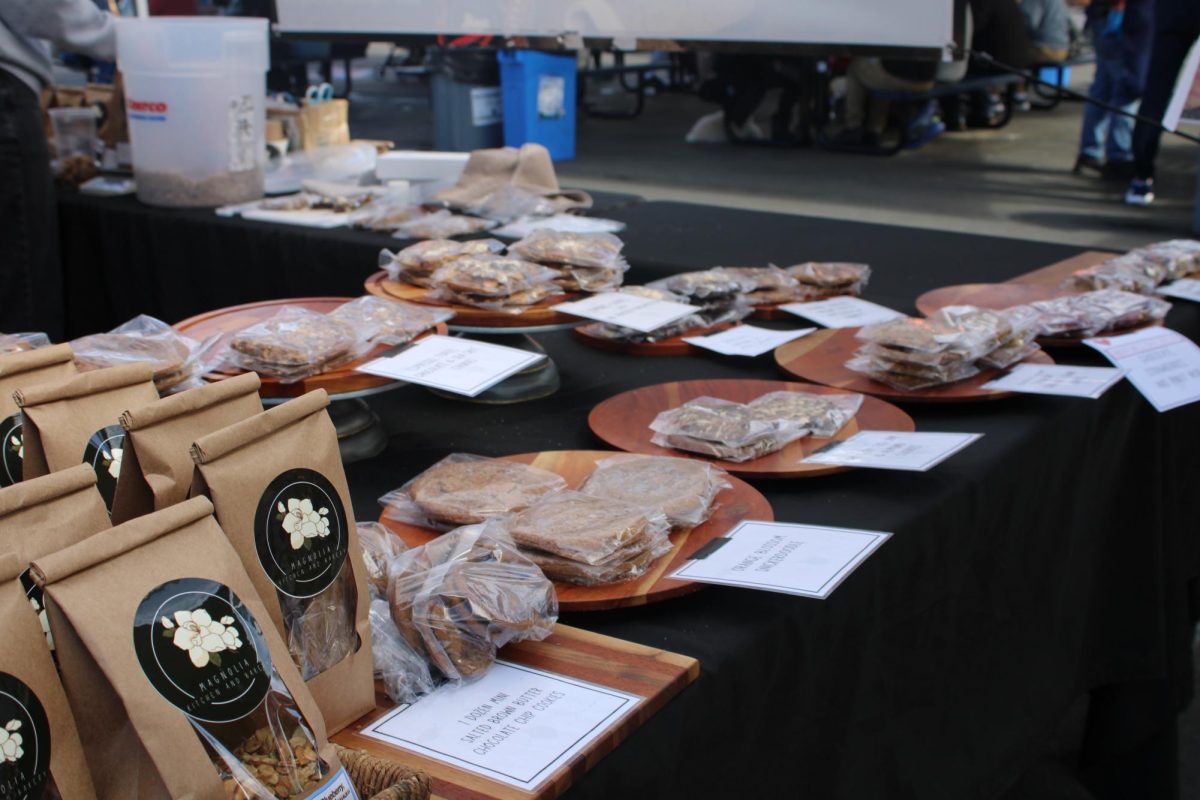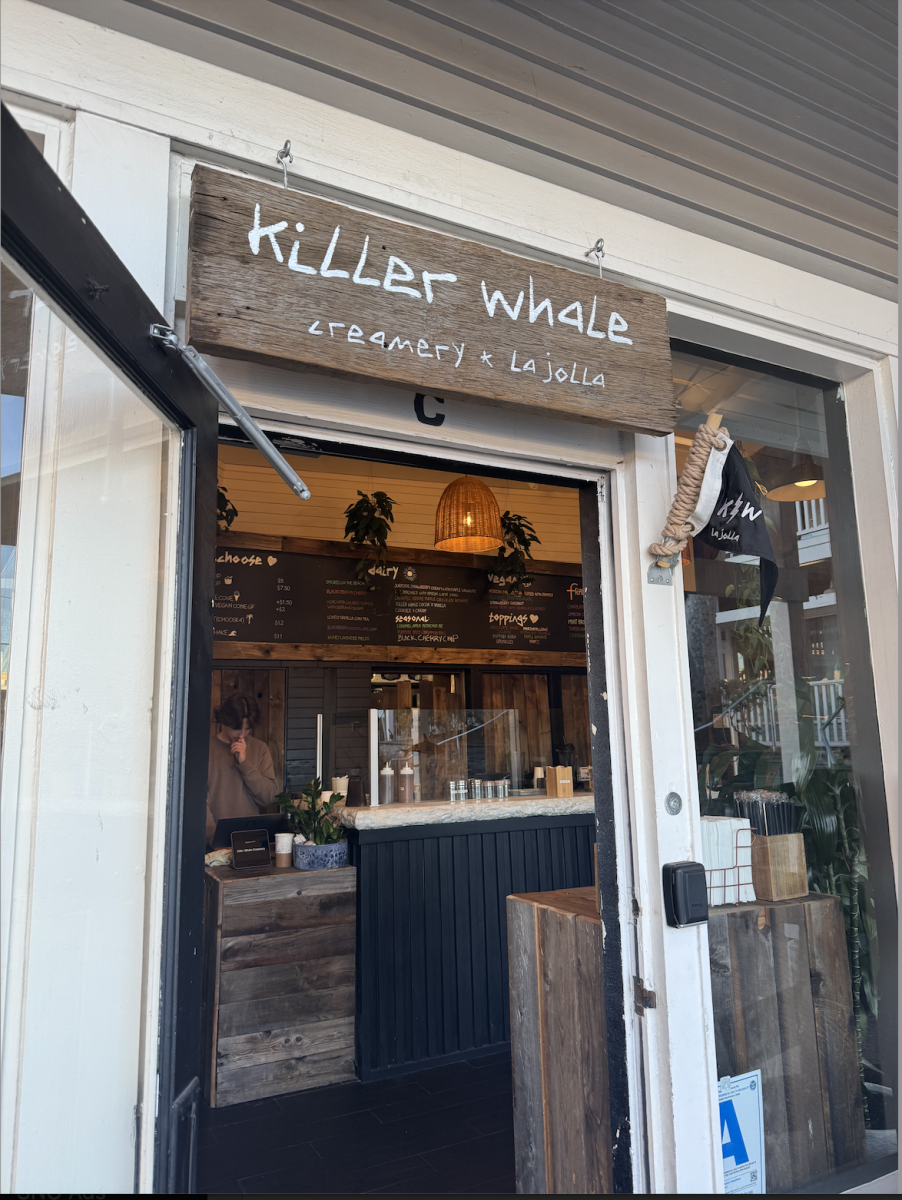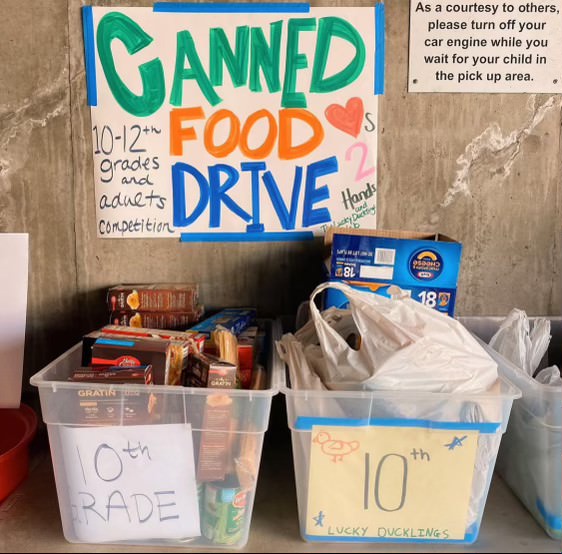Some refer to it as liquid heaven. Others categorize it as something truly indispensable to a gratifying lifestyle. The English language calls it coffee.
It’s late 1850, and Mr. Henry Nicholas Greenwell has just arrived in Kealakekua, Hawaii (present Kailua-Kona) from Lanchester, County Durham, England. Little did Mr. Greenwell expect, however, that after originally traveling to San Francisco in 1849 but eventually settling on the Hawaiian Islands, he would later most famously be known for establishing the internationally-known Kona coffee industry. Greenwell Farms is still active today, currently owned and led by Mr. Henry Greenwell’s grandson, Mr. Norman Greenwell, and his great-grandson, Mr. Thomas Greenwell.
With a balanced and smooth taste, Kona coffee has a light citrus, lavender, and cacao flavor if roasted correctly, according to Mr. Dave Ledgard, a current tour guide at Greenwell Farms with more than 25 years of experience in the Kona coffee business. For those who don’t enjoy more astringent coffee, Kona coffee is delicate and light, similar to cocoa butter, Mr. Ledgard added. The unique flavor certainly adds to the appeal of this renowned type of coffee; but the high grading standards, fair labor laws and wages — and ultimately the positive example it serves for the rest of the world — are what should truly make Kona coffee so desirable.
While purchasing one pound of Kona coffee is undoubtedly more expensive than purchasing a pound of beans from Starbucks, the regulations that Kona coffee farms are required to follow each season contribute to the price. Not only does each bean fall into one of two types of Kona coffee beans, but they are also categorized into different grades. In Type I Kona coffee beans, for example, there are the “Extra Fancy,” “Fancy,” “Number 1,” “Select,” and “Prime,” grades, according to the Hawaii Coffee Association.
To determine which category each bean will be in, farmers transfer the hand-picked beans, that have since been through the wet mill and later dried for 45 to 60 days, into a dry mill to grade the coffee. “The beans are screened to reach a uniform size and are placed over a gravity table to reach a uniform weight. Then, they go through an optical sorter to reach a uniform color,” Mr. Ledgard explained. “Our grading standards in Hawaii are very, very strict. It’s quite an elaborate process [enforced by] the State Department of Agriculture,” he added.
Simply put, coffee can’t be produced without farmers and workers dedicated to producing it. However, what makes Kona coffee different from other coffee-growing countries like Colombia, Kenya, or Guatemala is that labor laws and minimum wage exist in Hawaii. “Kona coffee farm laborers get about 20 times higher wages than the laborers who work in other coffee production regions,” according to Lava Lei Coffee, a Kona coffee farm on the Big Island since 1984.
“This is probably the most equitably-traded coffee because everyone is paid a fair wage to live here in Hawaii. Fair wages have a lot to do with the price of Kona coffee,” Mr. Ledgard said, who later highlighted that out of the 60 employees at Greenwell Farms, the insurance premium for each worker is “100 percent paid by the Greenwells.”
Ultimately, and most importantly, the Kona coffee industry serves as a positive example to other coffee-producing countries and companies worldwide. Mr. Ledgard emphasized the importance of supporting your local coffee growers and more broadly, local businesses, to “keep your community healthy.” In order to further spread awareness of humane working conditions and demand that the same quality of treatment be followed in other workforces, people must educate themselves.
“You can have your opinions, but you can’t have our own facts. You need to care about where your dollar goes,” Mr. Ledgard remarked. Supporting local businesses has been easily avoidable with internet shopping, which has hurt a lot of small businesses. “Really,” Mr. Ledgard stated, “Small businesses are the heartbeats of every town and every city. We need them.”
Better Buzz Coffee Roasters (founded as a coffee cart in 2002 and then in Pacific Beach in 2007) and Brick & Bell Cafe (founded in La Jolla in 2003) are great local coffee shops a walkable distance from Bishop’s. Lotte Lightner (‘26) applied to work at Brick & Bell early this summer, considering the cafe to be “the perfect first job for her.” As someone who likes to interact with people, she’s really valued her work environment.
“When I first started thinking about working, I knew that I would want to work at a local business,” Lotte added. “I wanted this because there is more of a sense of community and belonging at smaller businesses, especially in comparison to larger chains. Brick & Bell has a family feel to it, which is what I love so much.”
Callum Bolitho (‘24) has enjoyed regularly drinking coffee since his freshman year and believes that “it’s important to support local businesses over businesses abroad because of the carbon footprint that exporting those goods would produce.”
Callum’s favorite coffee shop is Barefoot Coffee Roasters in Solana Beach (founded in Santa Clara in 2003), a roaster and cafe offering a wide variety of classic coffee drinks and some original creations. Shelves along the main back wall of the store are lined with packs of purchasable coffee beans, most of which — if not all — were from organic farms in other countries.
Barefoot Coffee also has a program called “Coffees for a Cause,” which is described on their website as “support [for] a variety of important causes that affect [Barefoot’s] partner communities.” Barefoot “pays a premium for the best coffees sourced from conscientious producers who promote sustainable farming practices” and allocates a portion of their profits from Coffee for a Cause items to “a charity involved in eradication of [important social] issues.”
The eight past and present charities Barefoot supports/supported include: Trees.org, Polaris Project, Elephant Crisis Fund, Save the Children Bolivia, Color of Change, Charity Water.org, Ocean Conservatory, and Loaves and Fishes; all of which either help the environment in some way or provide support for people in poverty, dangerous situations, or unjust circumstances.
During my visit to Barefoot, I tried their iced Voodoo, which contains espresso, chocolate, and a sweet milk blend of coconut milk and condensed milk. The drink was pleasant and light; but what impressed me the most was the level of sweetness. I typically order my chocolate coffee drinks with some sort of sugar modification, but the Voodoo was the perfect level of sweetness just as it was.
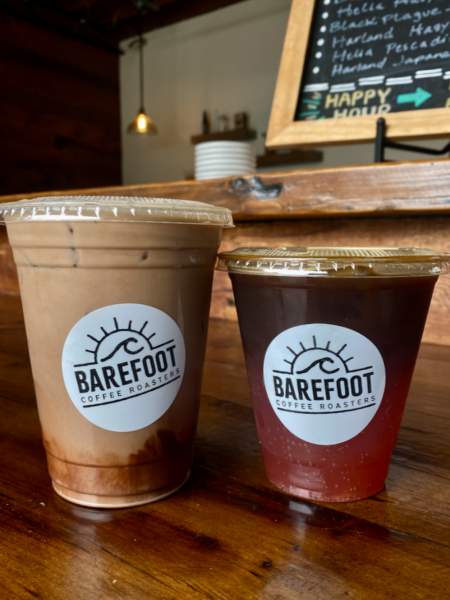
I was also intrigued by their Espresso Sunrise, which consists of espresso, blood orange soda, and a hint of lime juice. I originally ordered the drink out of pure curiosity, since it was undoubtedly unique — and dairy free. But after the first sip, I was pleasantly surprised. Blood orange soda is one of my favorite daily drinks and once paired with espresso, generated an unexplainable sensation of flavors and textures. The bubbly seltzer paired with the smooth coffee is not a concoction to be dismissed.
While purchasing Kona coffee, or more generally, supporting your local businesses, may be a little more expensive than grabbing a latte from Starbucks or shopping around on Amazon, I implore you to reflect on the wide-spread industry standards you’re helping to debunk. Supporting local businesses not only opens you to new worlds of creativity but also gives you the opportunity to become an advocate and encourage others to demand the standardization of humane working conditions in global industries.
“They’re not just your local businesses. They’re your neighbors,” Mr. Ledgard said, and what true statements at that.


